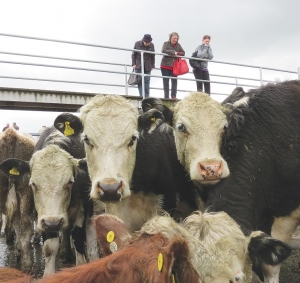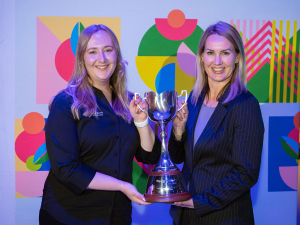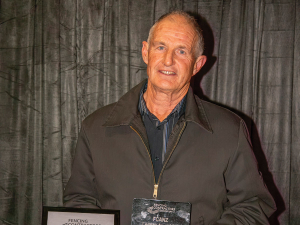The international ‘1000 Bull Genomes Project’ says the bulls whose genomes are sequenced and analysed represent four commercially important cattle breeds.
Scientists from Germany’s Technical University of Munich (TUM) contributed data on 43 sires of the Fleckvieh breed, now on every continent from its origin in the Bavarian Alps. Worldwide there are 40 million Fleckvieh dairy cows.
Scientists from Australia, Canada, Denmark, France, Netherlands and the US obtained whole genome sequences for 129 Holstein-Friesian bulls with six million daughters on dairy farms and 15 widely used Jersey bulls. Previously published genome sequences for 47 Angus cattle were also analysed.
Nature Genetics carries a research report on the ancestors’ sequences. The scientists say breeders now have a leverage tool to extrapolate the sequence information to the numerous descendants using readily available chip-based DNA microarrays.
From whole-genome sequencing of the selected bulls – 28.3 million variants are identified: the researchers began building a database of genotypes. This allows sequence-based genome-wide association studies as well as genomic prediction. As a result, mutations with negative impact on animal health, welfare and productivity can be rapidly identified.
The researchers now see evidence this approach could help dairy and beef farmers raise production.
They tested the usefulness of the database by flagging recessive mutations associated with embryo death and a lethal skeletal disorder. In addition, genome-wide studies identified variants of specific phenotypes, such as high fat content in milk and the curly coat inherited by some Fleckvieh cattle.
“Whole-genome sequencing of founder animals on this scale is unprecedented for a livestock species,” says Ruedi Fries, TUM chair of animal breeding. “Our results provide the basis for individualised cattle genetics – one might say ‘personal genomics’ for cows’.”

















